How Nutrition Needs Change When You're On Your Period

Menstruation has become a scapegoat for many issues from forgetting your keys to craving a brownie. But periods aren’t something to be ignored or shamed. While many of these issues have become exaggerated in pop culture, it’s true that hormonal levels during your cycle are responsible for a variety of physical and psychological changes. During your cycle estrogens and progestins rise and fall which can impact the way you perceive hunger.
We most associate menstruation with bleeding but that’s only one phase of the four-part cycle. The body prepares for possible pregnancy by releasing an egg from the ovaries and filling the lining of the uterus with blood. If you’re not pregnant, the uterus sheds its lining along with the unused egg and begins the cycle again. Cycle length varies from person-to-person but usually lasts 28-35 days.
Menstrual phase occurs when the uterus sheds its lining through the vagina. Estrogen and progesterone levels are at their lowest. Most people experience cramps, fatigue and headaches during this phase. Pay attention to hydration and try to limit caffeine intake during this time. Studies suggest magnesium supplements may be useful to reduce cramps and fluid retention but the effects may take two cycles to be noticeable.
Most people lose an average of 2-3 tablespoons of blood per cycle. While this amount of blood may seem shocking, it represents a small volume compared to the amount of total blood, about 1.5 gallons, in your body.
People with periods have higher iron requirements, clocking in at about 14.8 mg of iron per day. One notable source of iron is red meat but many vegetables and grains can help boost your iron intake. Without enough iron, red blood cells do not have enough hemoglobin to carry oxygen throughout the body. Symptoms of iron deficiency can be hard to pinpoint but include pale skin, tiredness, mouth sores, and brittle nails.
The follicular phase happens next as estradiol levels rise and the body prepares an egg to be released. As the egg matures, the body also sends signals to build up the uterine lining. Estradiol tends to decrease appetite which may mean you choose smaller portions or skip snacks. Now is the time to focus on nutrient-dense foods, especially if you can’t stomach large portions. While fluctuation in hunger is normal, if you’re unable to meet your nutritional needs, or consume the minimum amount of calories required by your basal metabolic rate, it may be time to see a doctor.
Ovulation occurs when estrogen is at its highest and the ovary releases an egg. Estrogen drops shortly after the egg leaves the ovary.
Experts recommend supplementing with omega fatty acids to help reduce psychological PMS symptoms like anxiety, depression, and mental fog. Studies also suggest that a diet high in omegas may help combat bodily symptoms like bloating, headaches, and breast tenderness. In addition to fatty fish like salmon, flax seeds and walnuts are also significant sources of omegas.
The luteal phase happens between ovulation and menstruation. Progesterone rises as the body prepares for a possible pregnancy and then falls. Common side effects during this time are mood changes, breast tenderness, and digestive complaints. Studies suggest that the dip in estrogens and rise in progesterone can decrease feelings of satiety. During this phase, you’re more likely to eat additional calories and experience food cravings. Research shows that you may eat between 200-600 additional calories during this part of your cycle. Instead of reaching for calorie-dense foods, fill up on high-fiber options like popcorn instead of chips or a frozen banana instead of ice cream.
While there’s no magic supplement to quiet food cravings, eating a balanced diet rich in nutrients helps ensure you have the macro and micro nutrients your body needs. Planning ahead and building comfort food or snacks into your meal plan can help improve your mood and reduce body image-related anxiety when you’re on your cycle. Nutrition plans should help support you and your goals rather than being an added stressor.








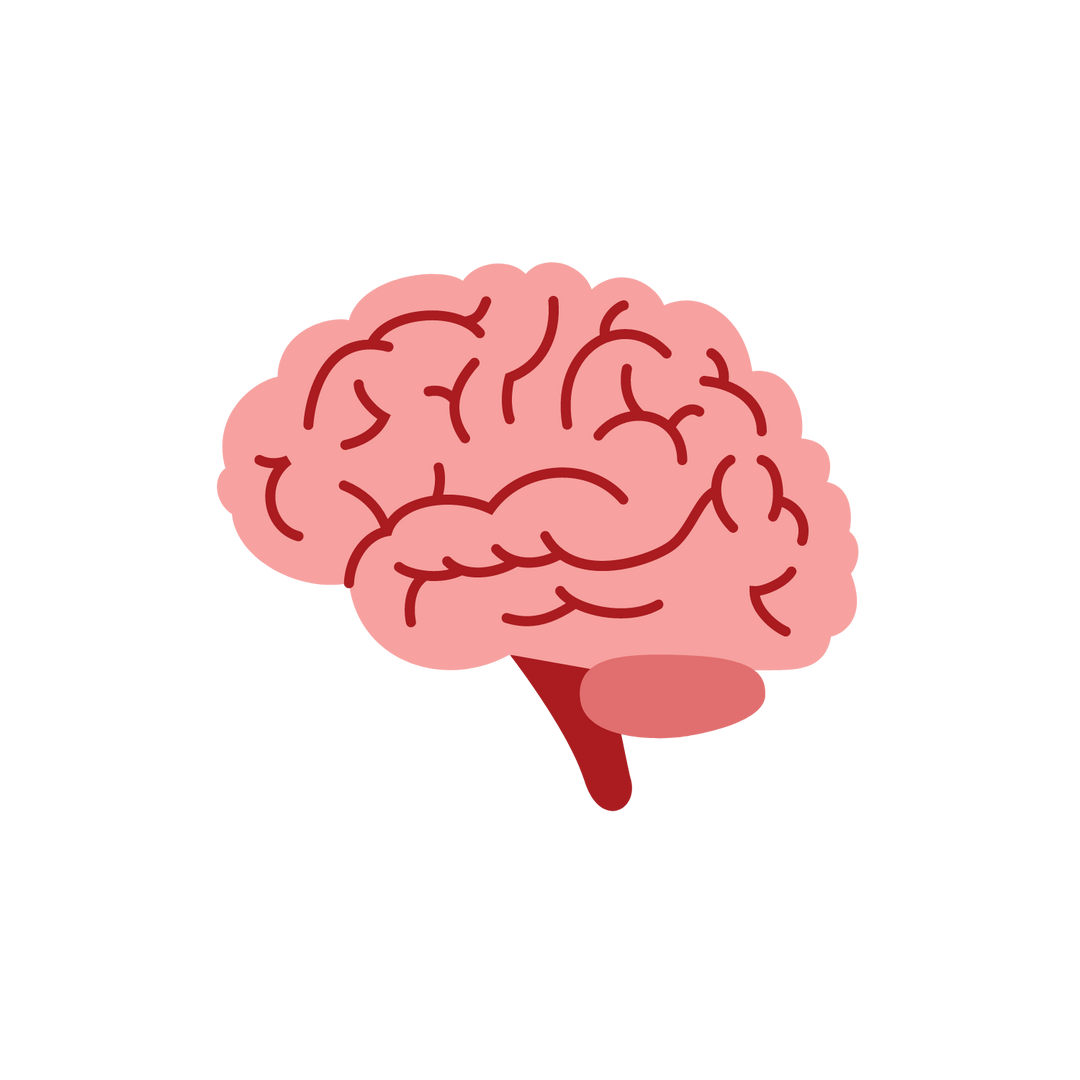

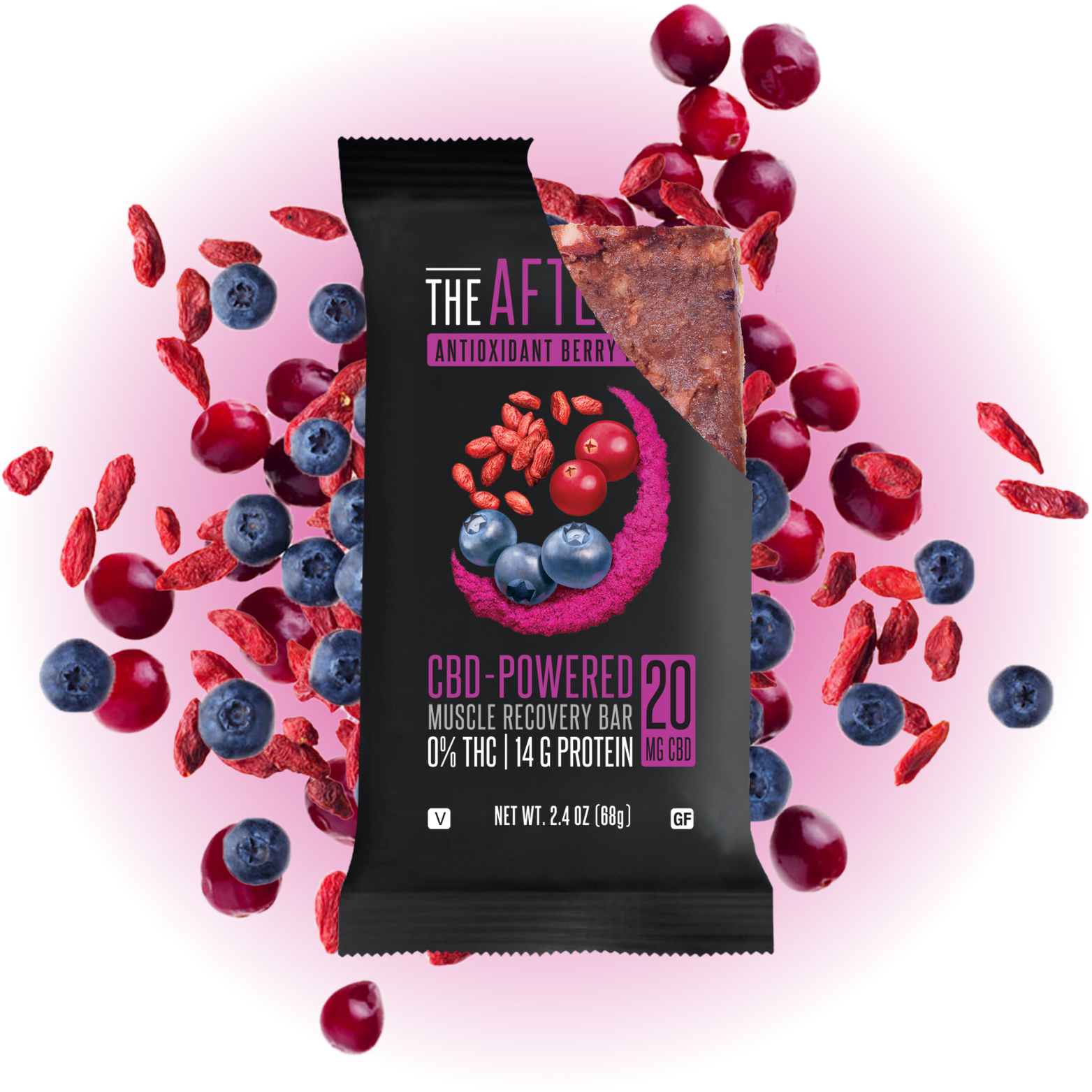
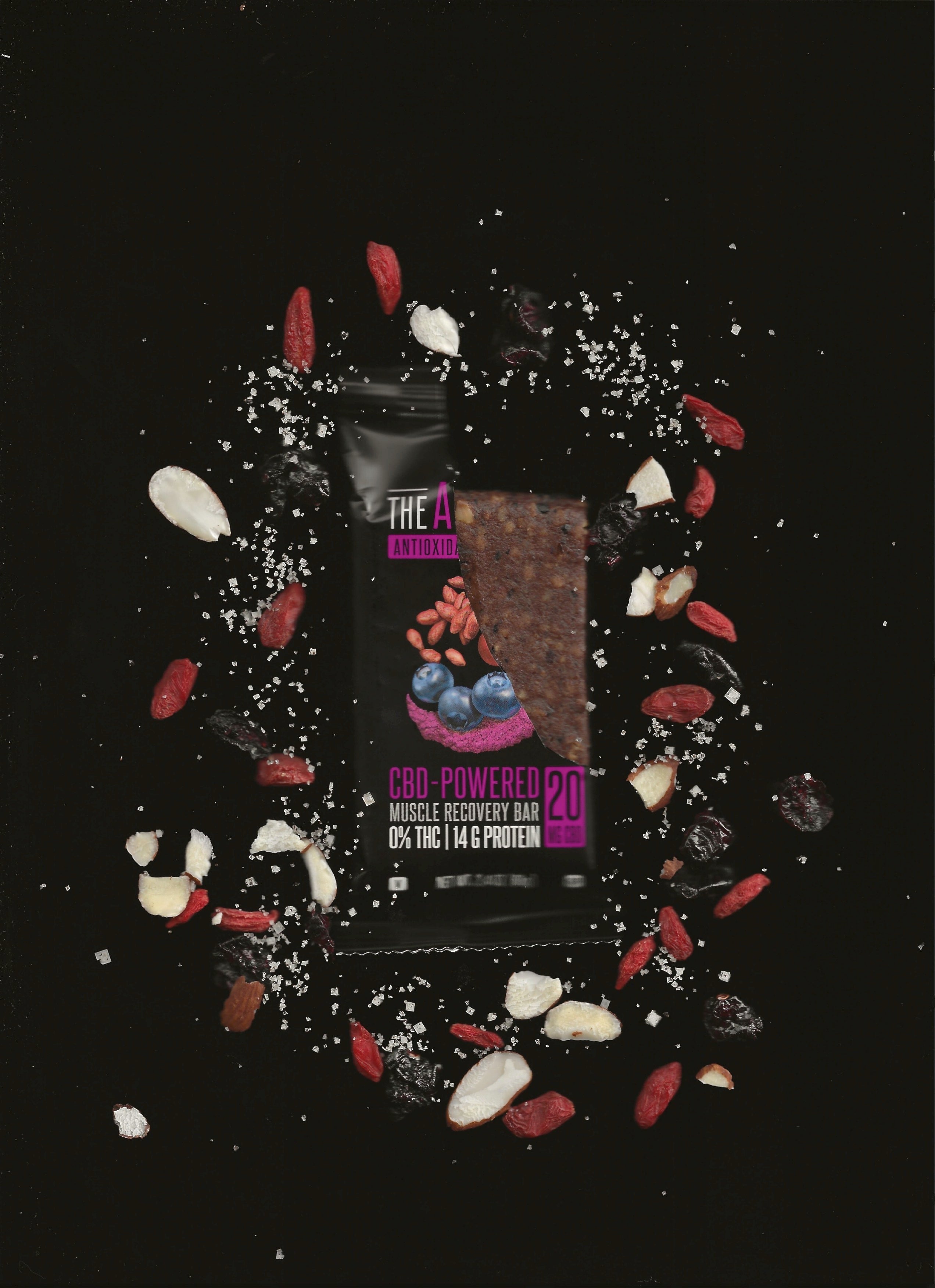

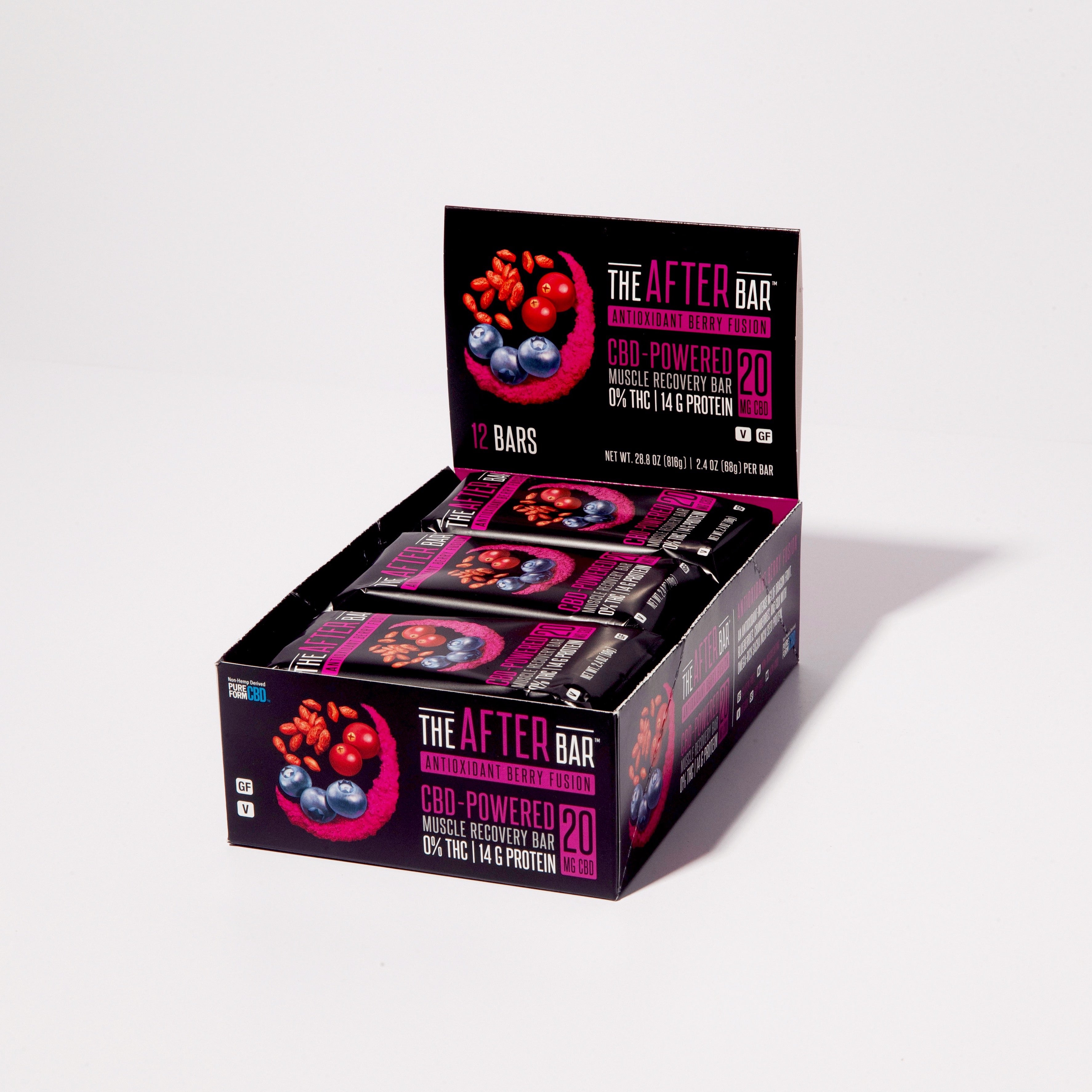
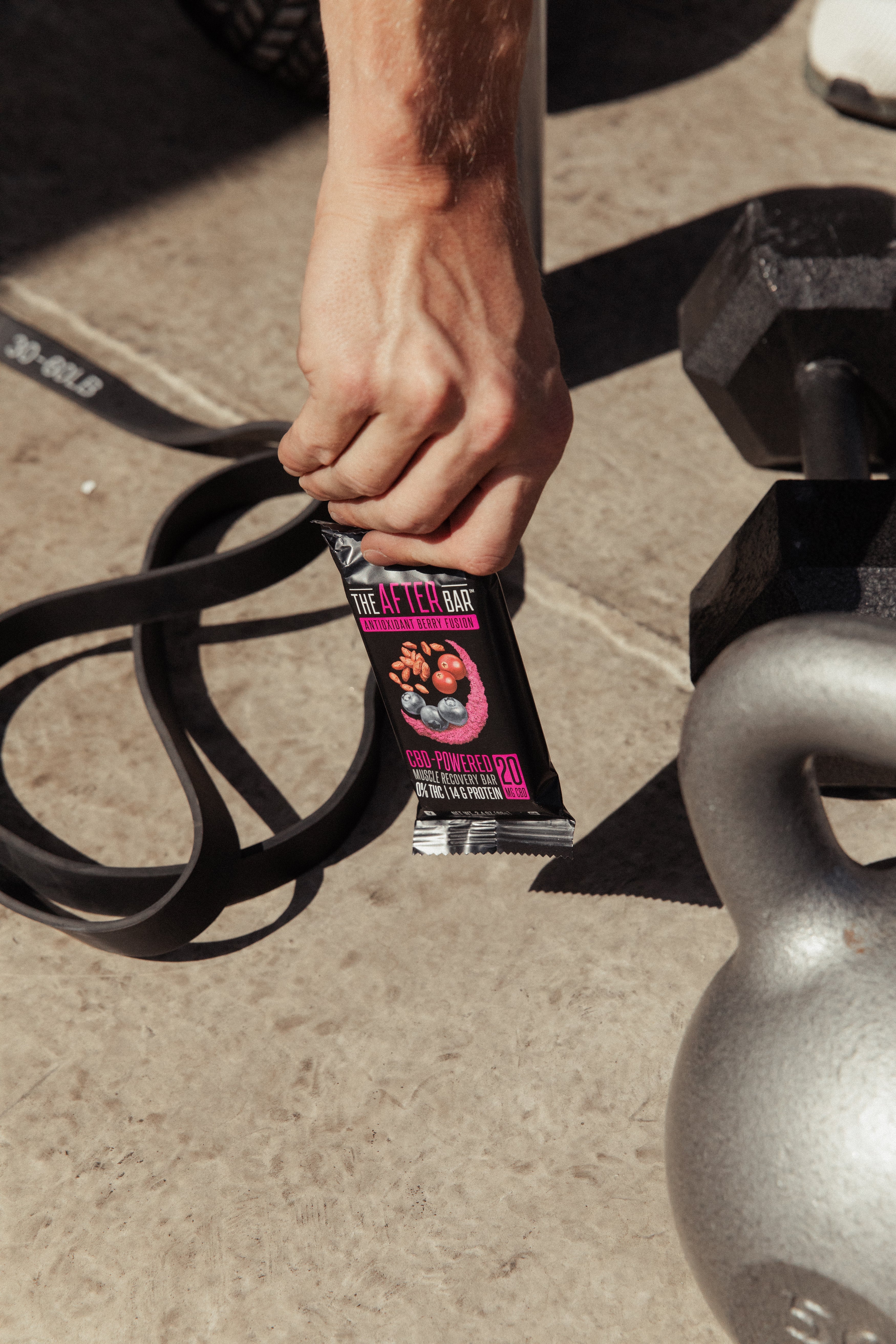
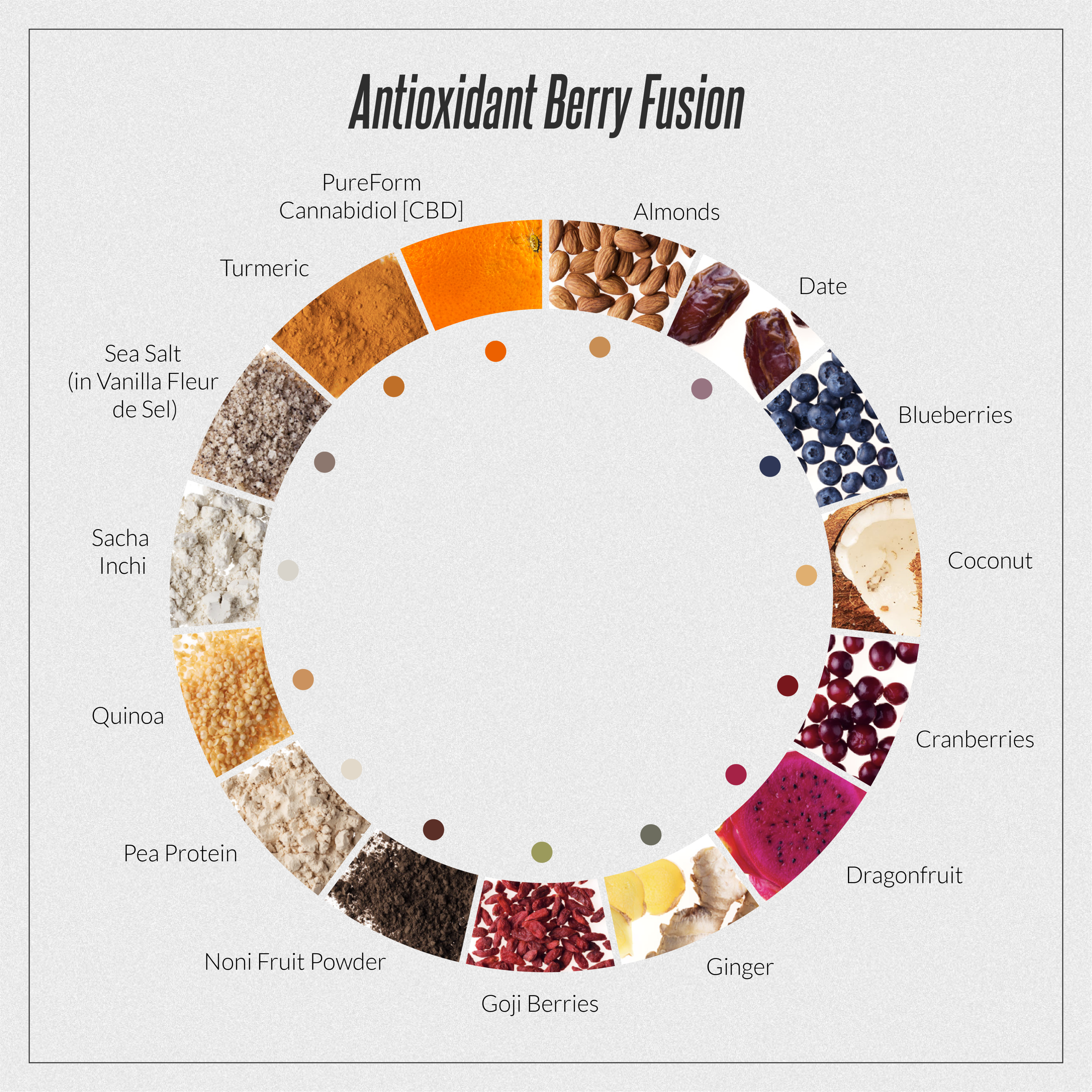
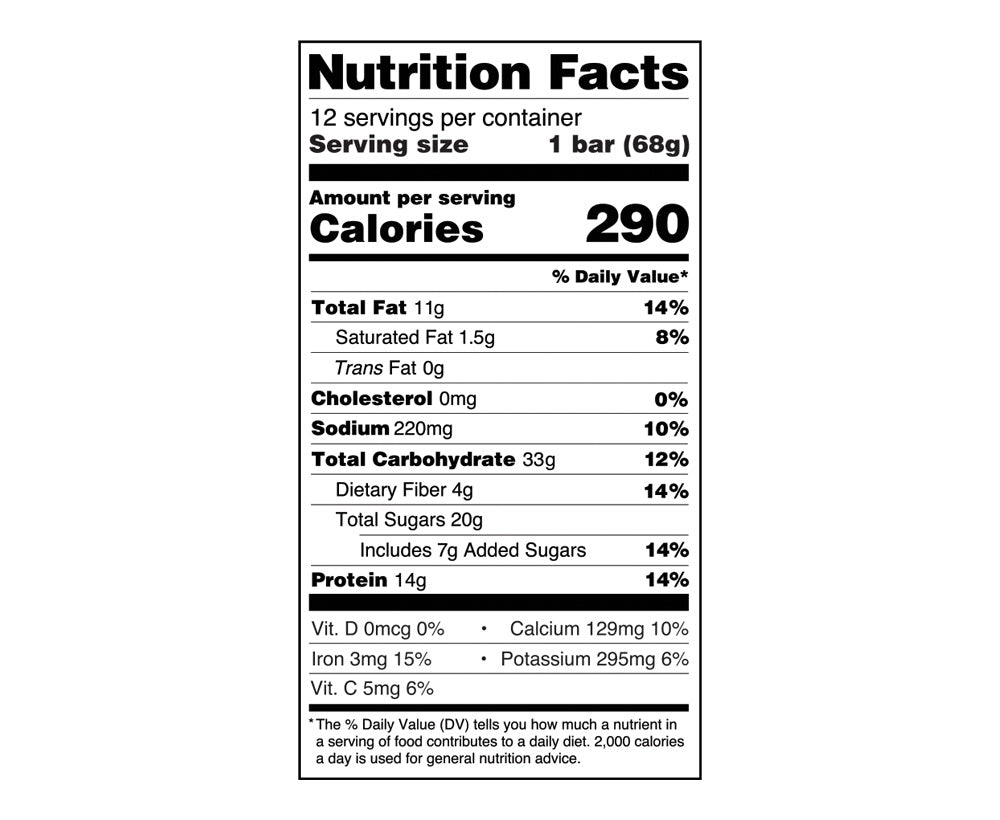
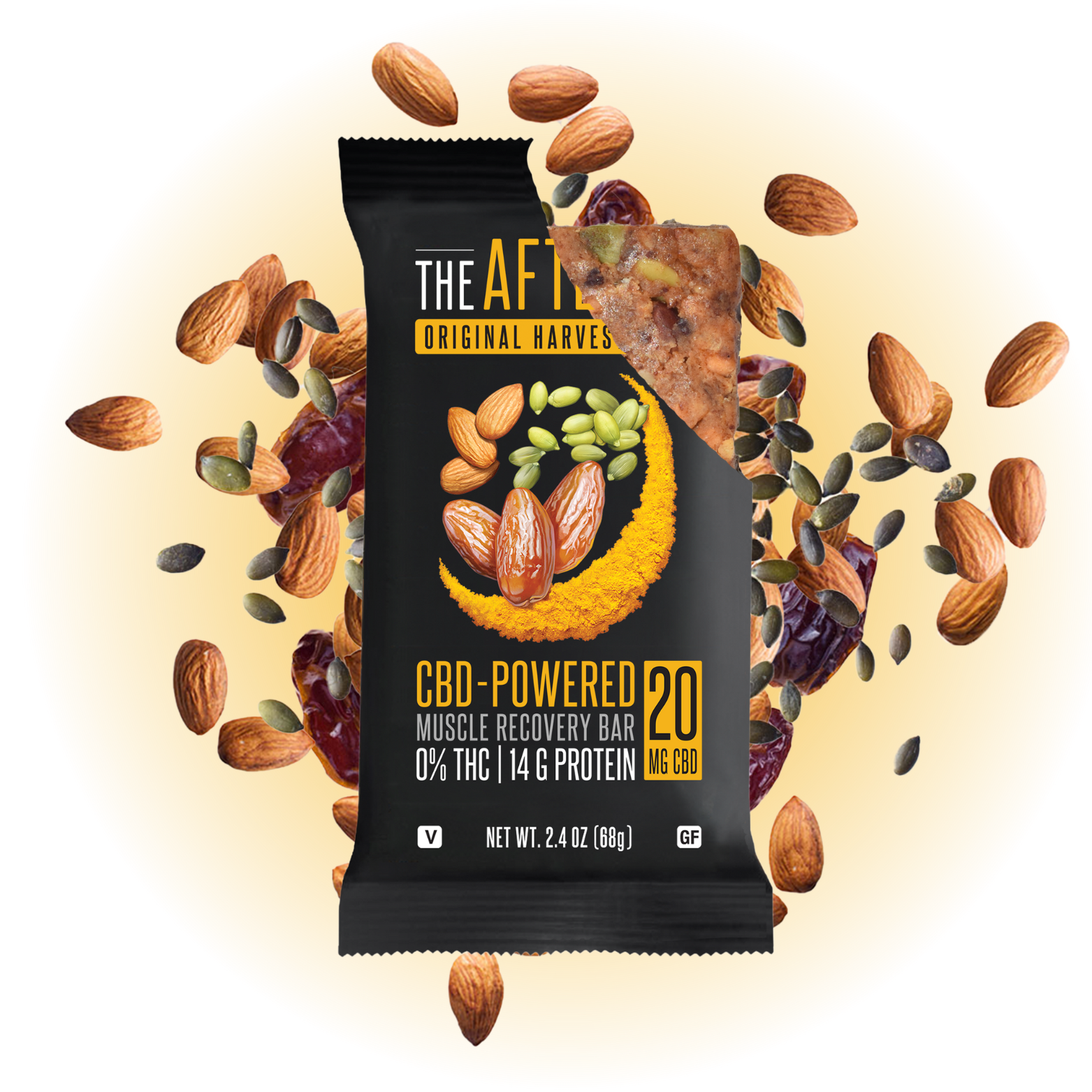
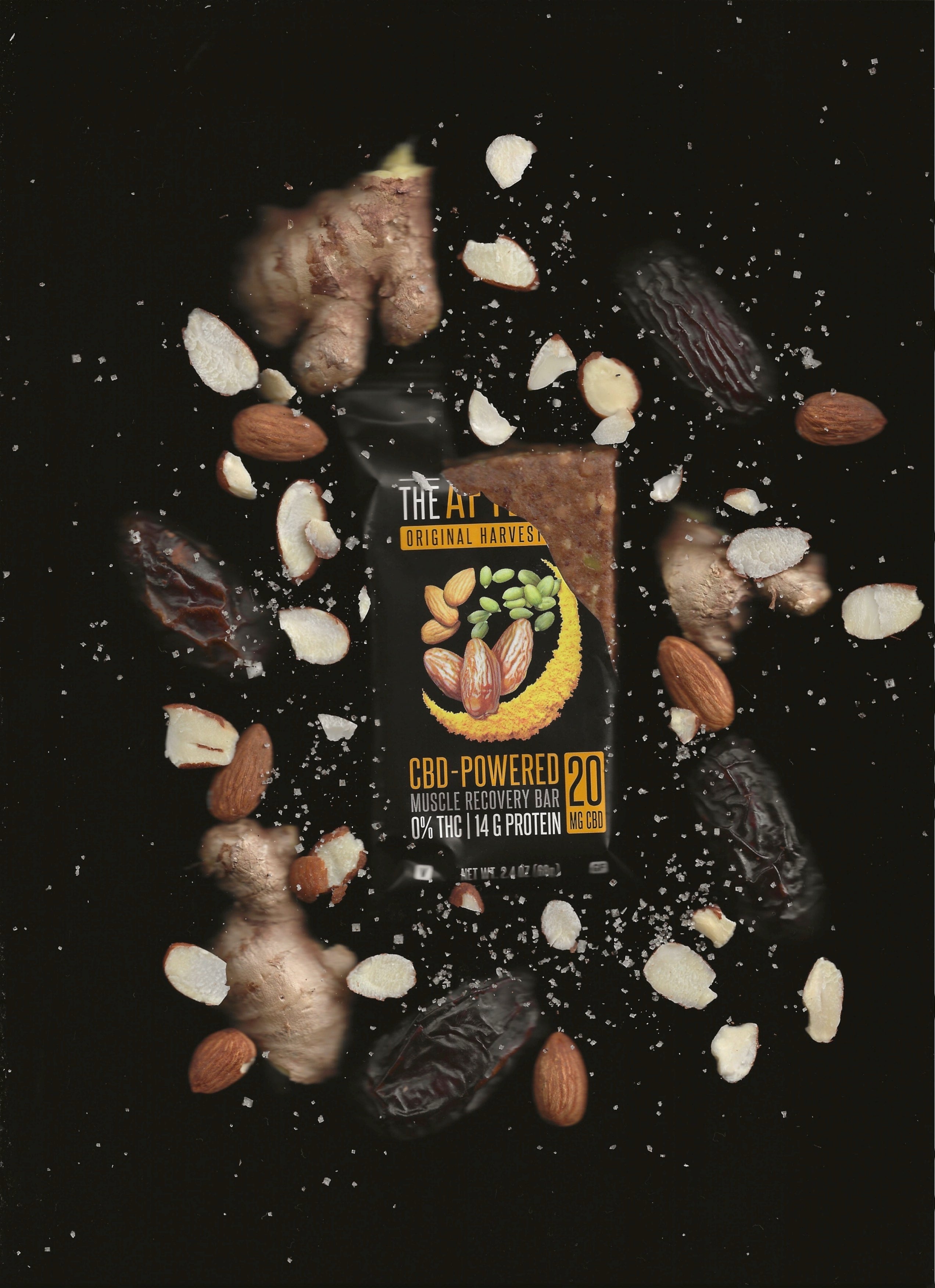


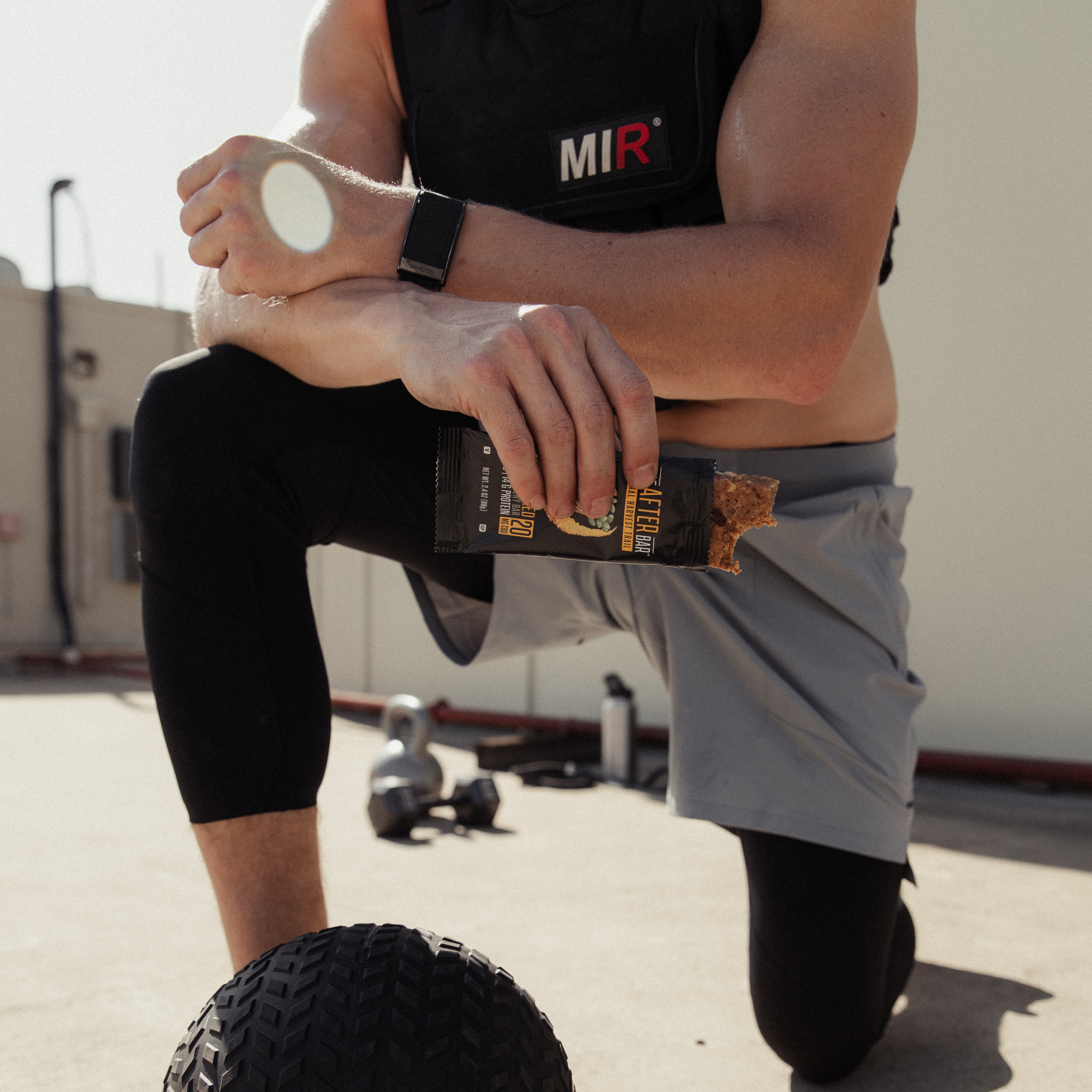
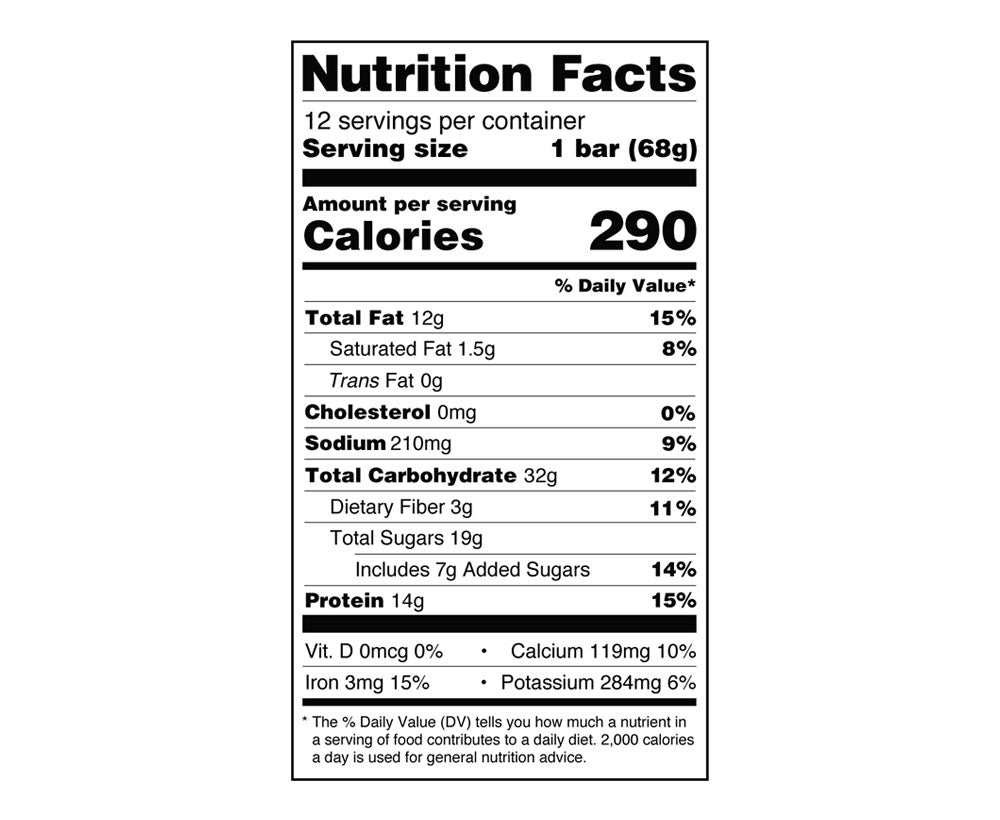
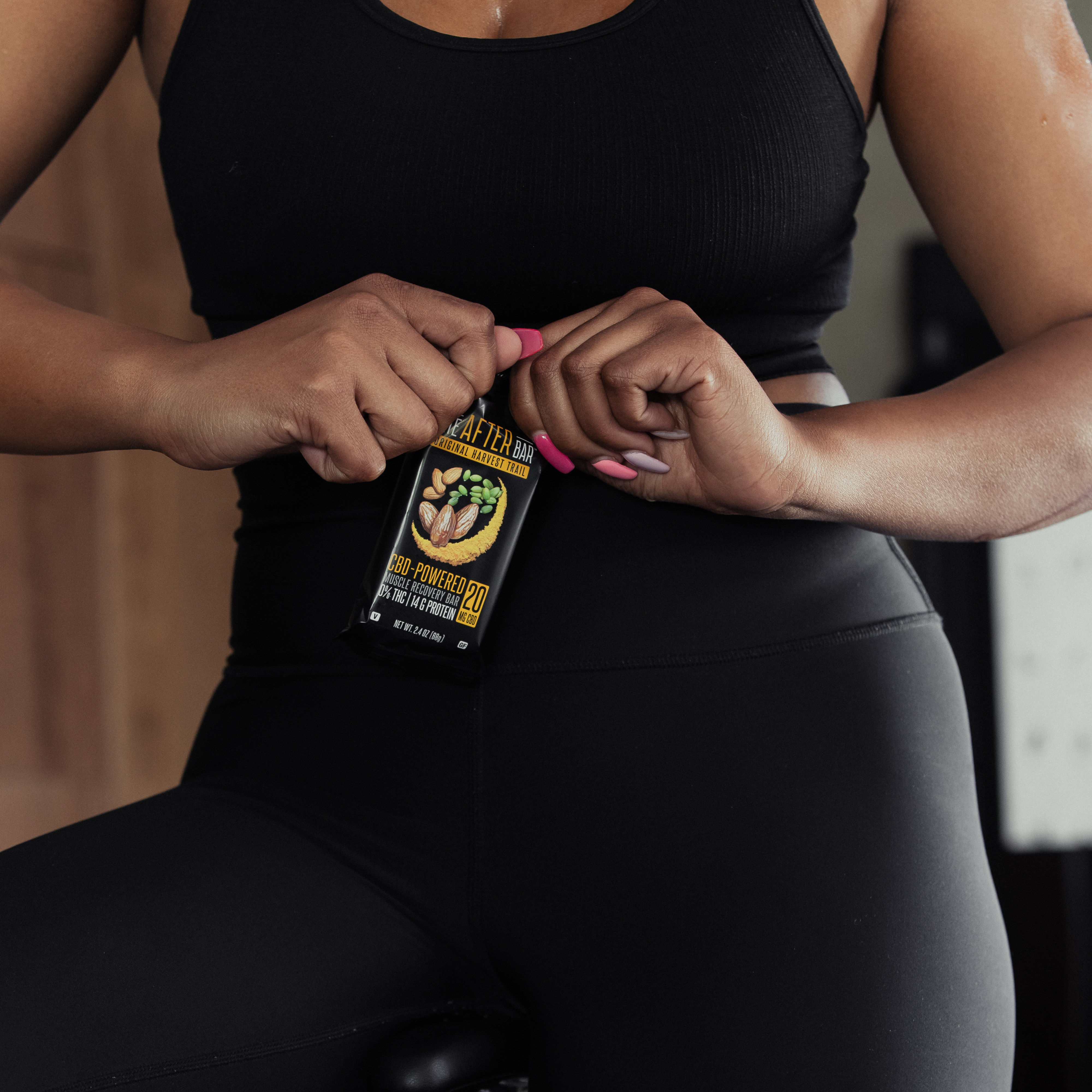
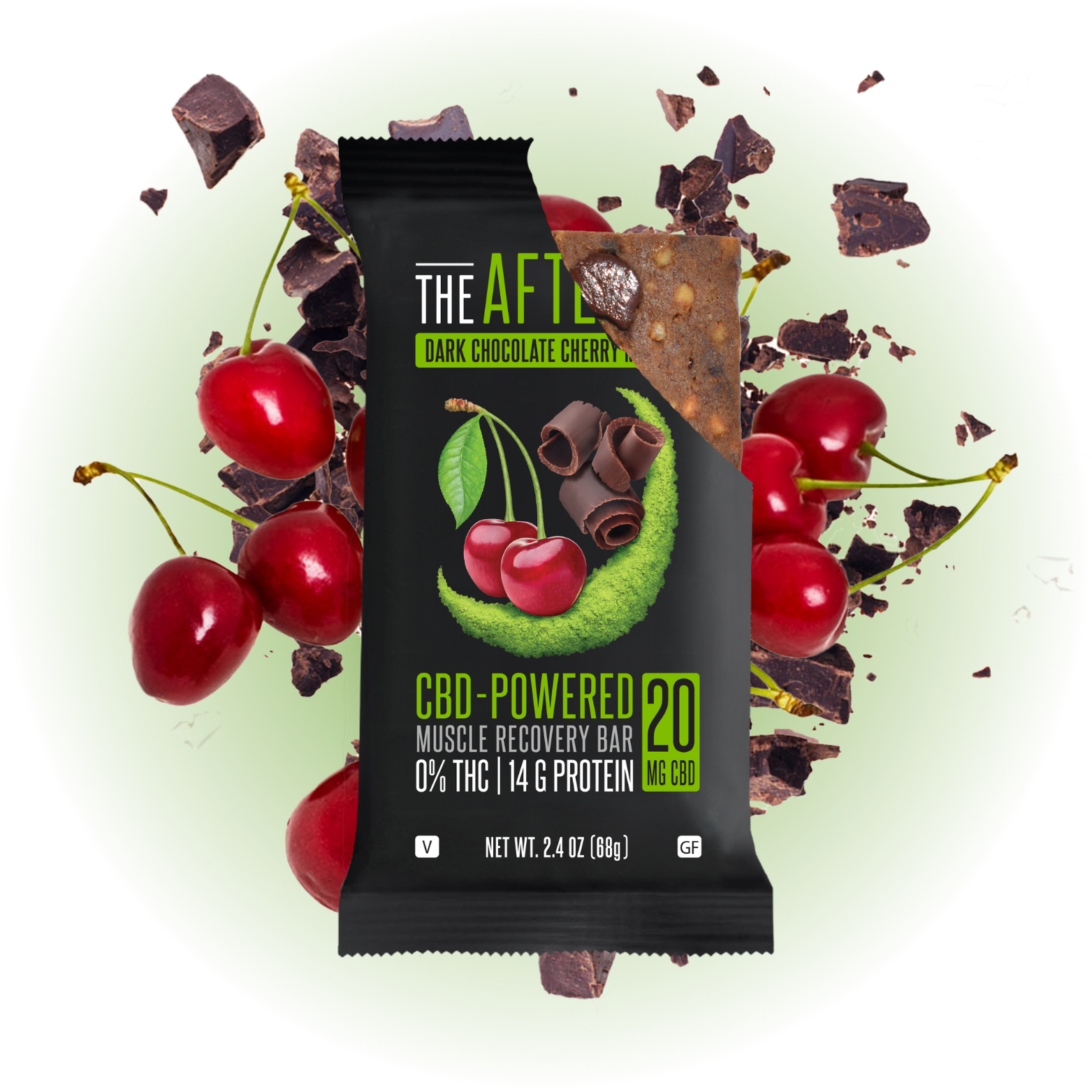

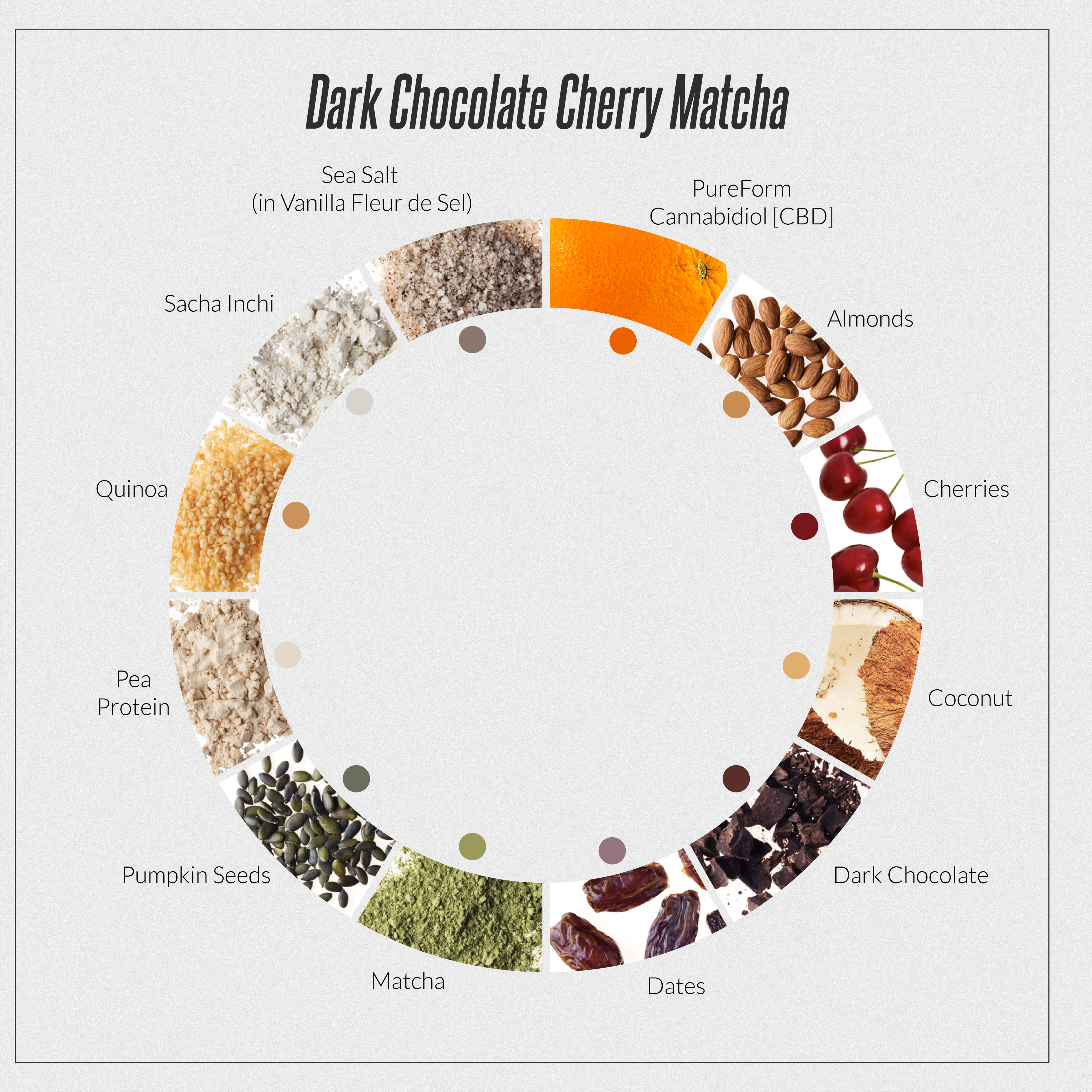
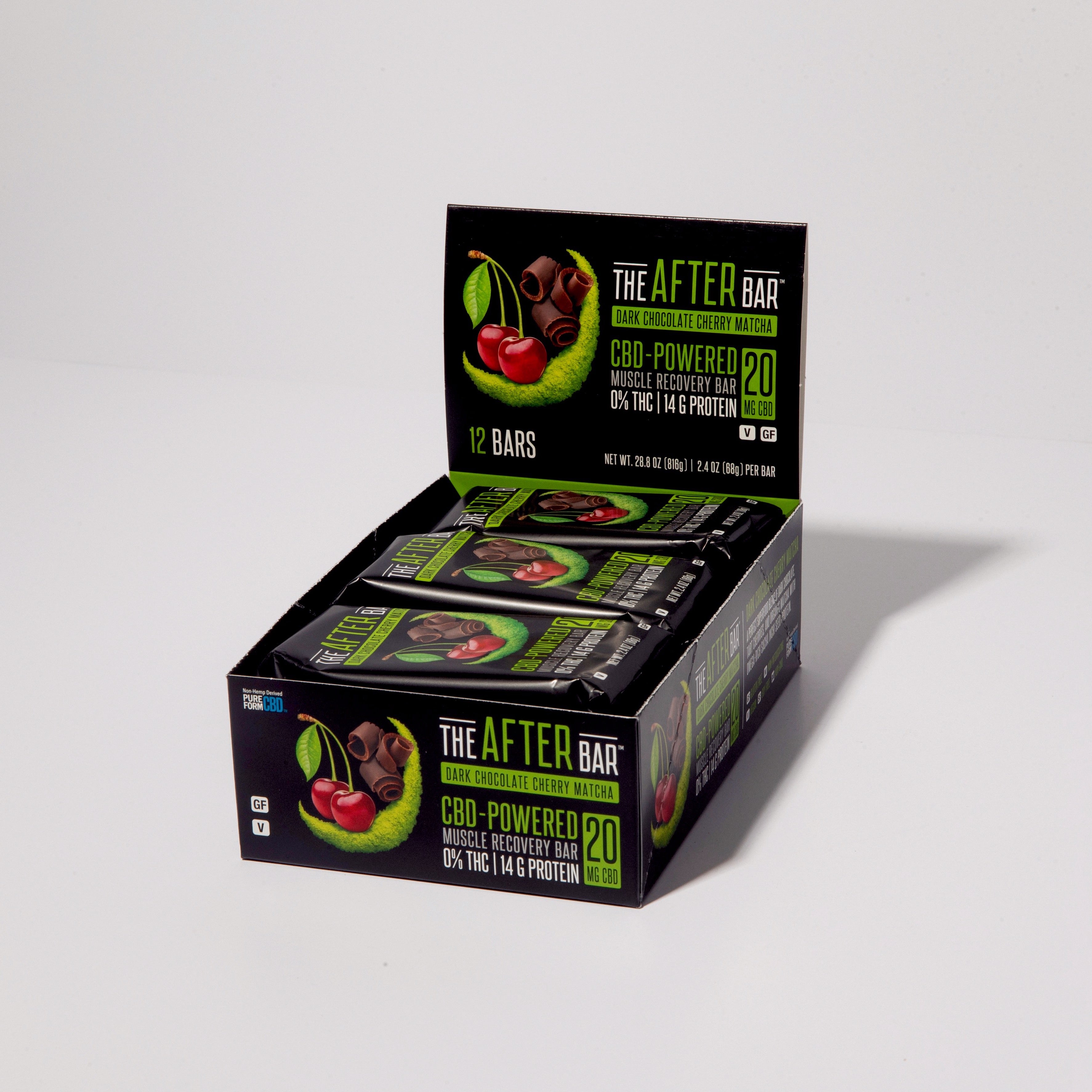
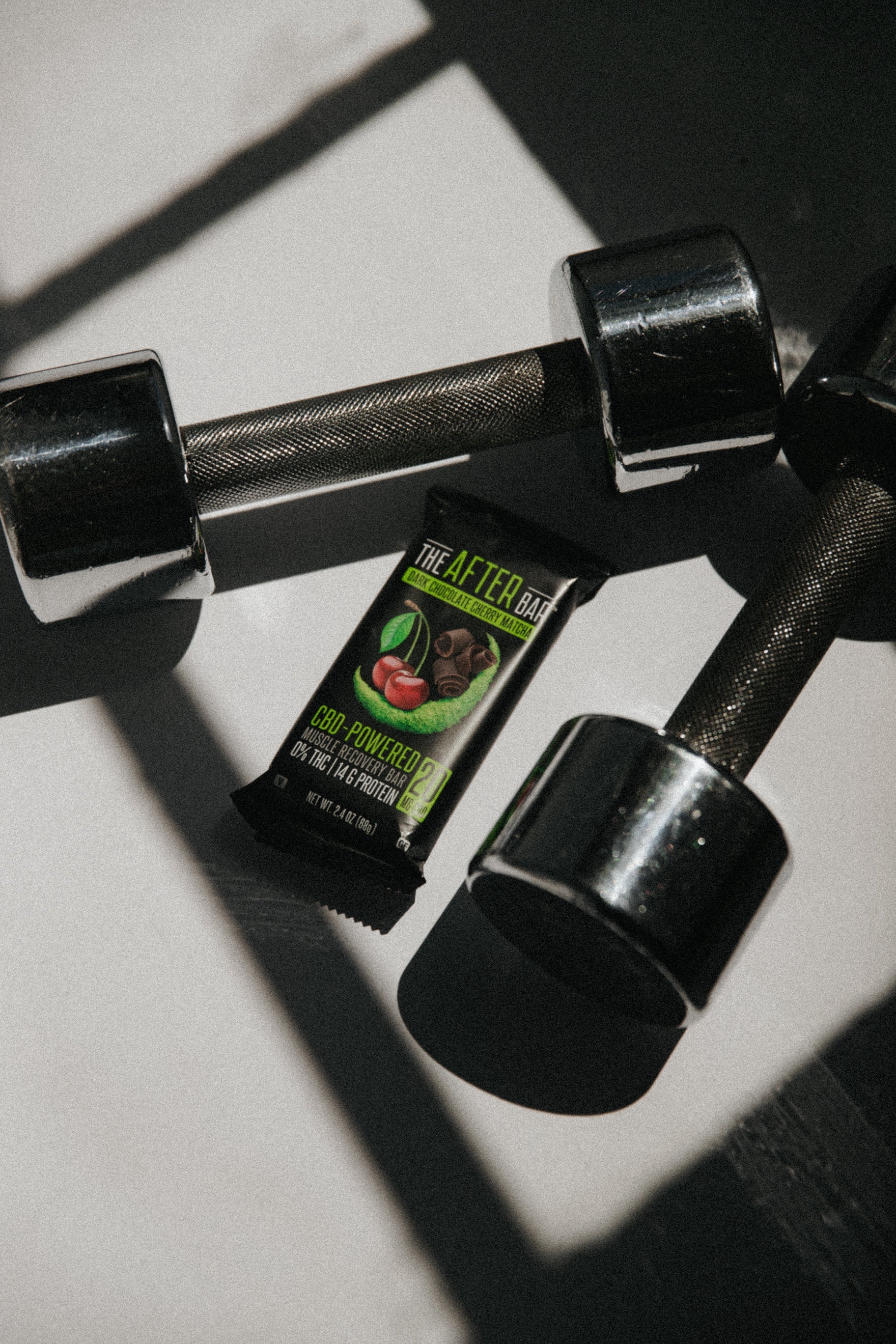

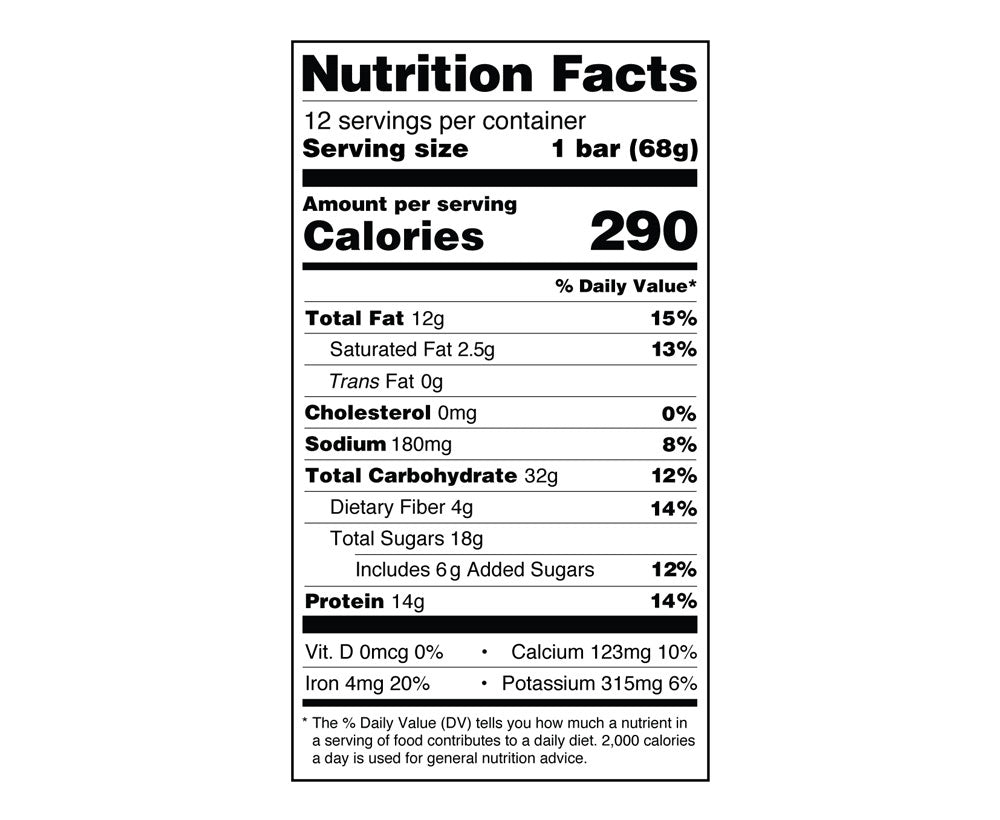
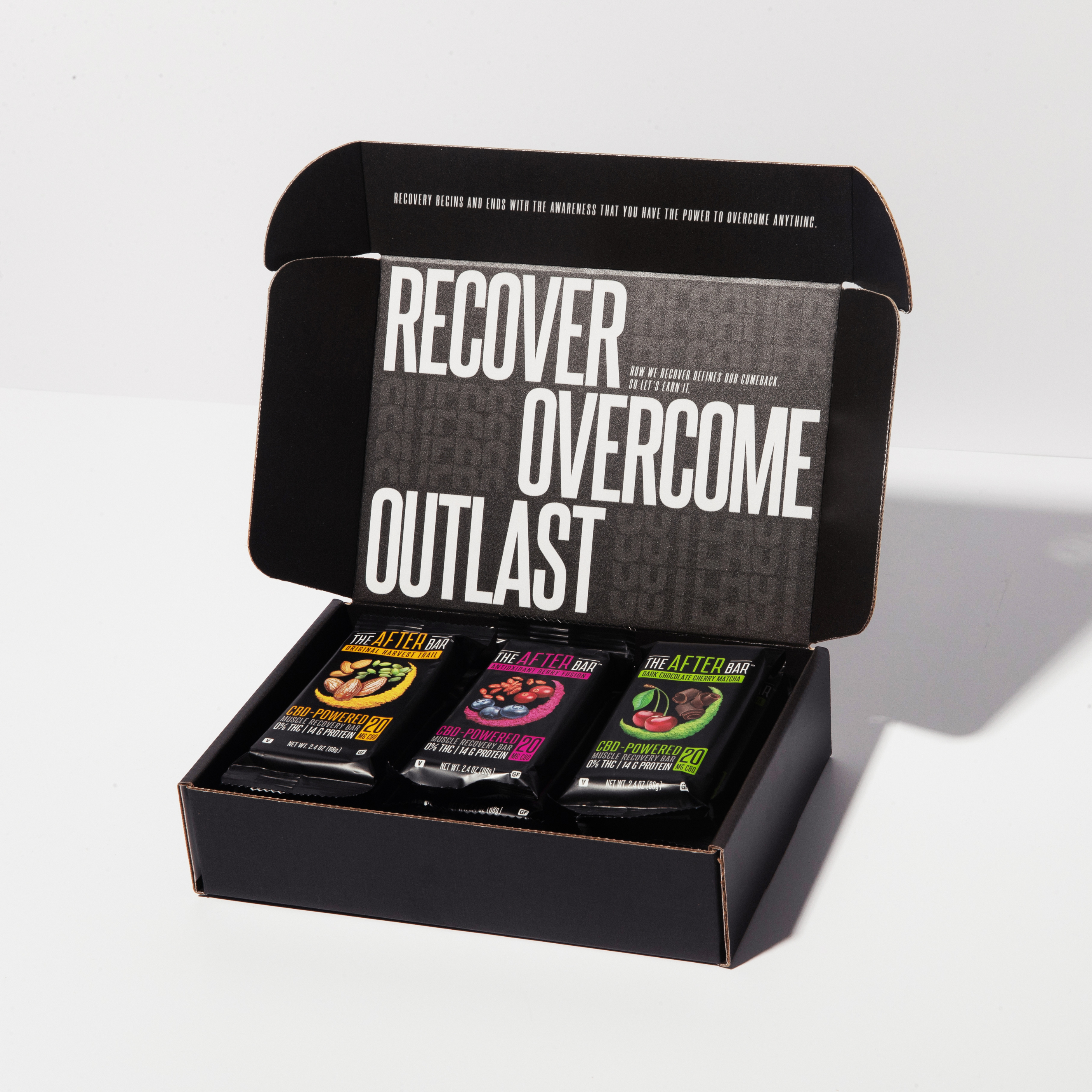
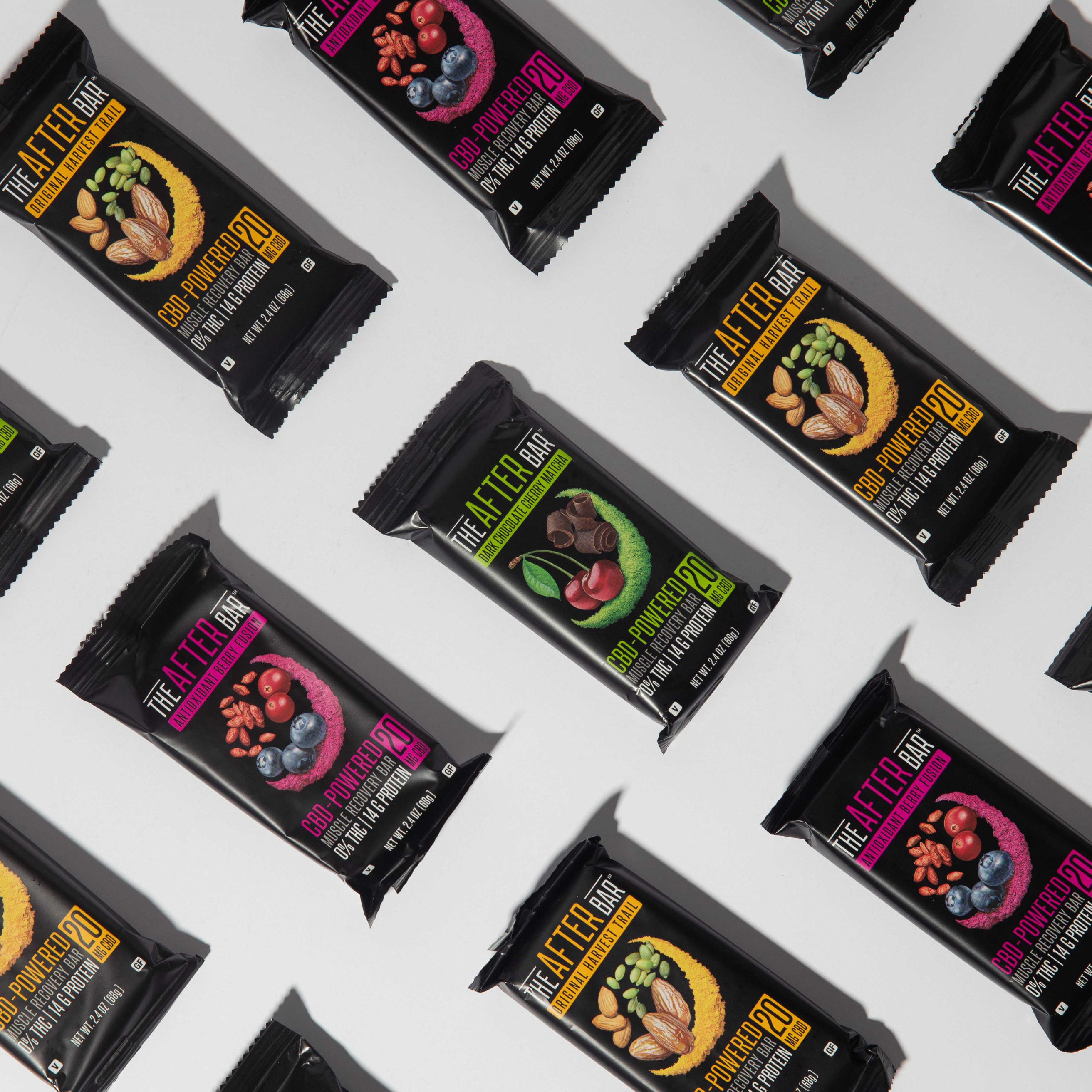

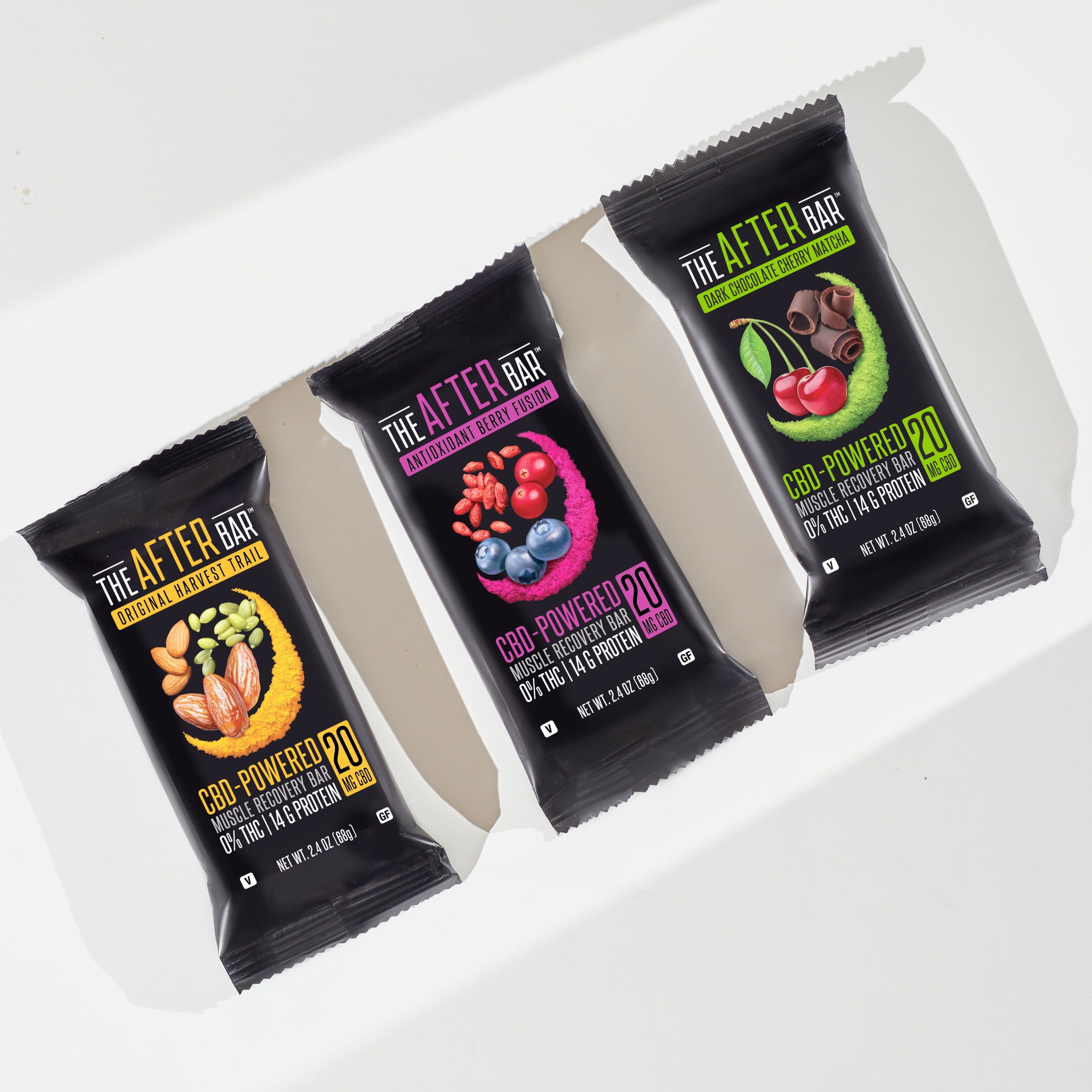

As a woman I never thought about how I should change or be aware of what my body needs differently during my cycle. This was very informative and eye opening. Moving forward I will be making some much needed changes and excited to see how it helps improve different aspects of my life.
Leave a comment